
What would you do if you knew that the texture of your hair cost you a job? Curl pattern and texture are complicated concepts. But some are deemed more professional and desirable than others. It’s called Texture or Curl Shaming and it’s a hairy situation.
In 2016 Chastity Jones filed a lawsuit in the U.S. Court of Appeals complaining that a job offer was rescinded because of her dreadlocks. In a surprising final decision, the U.S. Court ruled that a Dreadlock Ban during the hiring process is legal and non-discriminatory. One of my best-friends worked at a popular restaurant chain in L.A. and was able to write her weave off on her taxes because they preferred she'd have straight hair.
Having to make your hair look more "polished" "presentable" or "professional" in any other way than it naturally grows out of your scalp is not only curl shaming. It's bullying, it’s degrading and it should be illegal.
While the Natural Hair Movement is gaining momentum and visibility, à la Dove’s Love Your Curls Campaign. There’s still such a thing as socially acceptable curl textures. Spirally, loose ringlets are more accepted than tightly coiled and kinky. But how did a texture become classified as not only unappealing but unprofessional?
As I little girl, I would play dress up and put a tee shirt on my head to imitate long flowing locks. This was long before the natural hair movement and my hair is more kink than curl. I rarely ever saw anyone with the same skin color as me on T.V. and if I did, it was Michael or Janet Jackson.
In the mid-eighties light was right. As a black person, it seemed like the lighter your skin and the wavier your hair, the better. Eurocentric beauty standards were and continue to be viewed at as universal law.
Societal shaming is real and it’s ugly. Sometimes judgments are passed unknowingly. Have you ever asked someone if they were having a bad hair day? Or told someone you love when they wear their hair straight? While I've styled my hair in every which way, from relaxers to wigs and dreads to braids. There's no better feeling than rocking my natural kinky coily locks.
PuffCuff was invented for this very reason. Our founder Ceata Lash, transitioned to natural hair about 11 years ago while she was a graphic designer in the marketing department of a large Chicagoland community college. Being the only person of color in her office, she did NOT want to wear an afro to work. Mainly for the attention, it could possibly bring and all the other explanation that might accompany it. For you see, the natural/curly hair movement had not begun. She felt like a fish-out-of-water when it came to styling the textured hair she was being introduced to even though it was her own. She only knew straight hair. Her hair had been pressed since the age of 4 and relaxed since she was 8. Wearing a top afro puff was her go-to natural hairstyle. She felt presentable, professional and comfortable in her own skin with her hair in a top puff style while she was at work.
But then a new unforeseen problem presented itself. Ceata explains, "When I decided to change my lifestyle and make the transition from relaxed to natural hair, I discovered that it was impossible to find accessories to accommodate the thickness and texture of my hair. Searching in stores and online, I realized that most accessories on the market are designed for straight, thin hair – NOT for my naturally thick, coarse hair! Existing products cinched my hair to its smallest point of resistance, causing pain, hair breakage, damage to the accessory and pure frustration for me!" She refused to return to chemically straightening her hair and was determined to embrace the hair God gave her.
"I became determined to find a solution, but it just didn’t exist. As I became more aware of other African American women making the same transition — all with similar hair texture and hairstyles, it became clear we all had the same need for an easy-to-use styling tool that would help us achieve quick looks without stressing our hair or resulting in pain. We also needed it to be sanitary, durable and affordable. A little more research revealed that there were others — men and women with curly hair, locks and braids — who were experiencing the same styling woes. It was then that the concept of the PuffCuff was born.





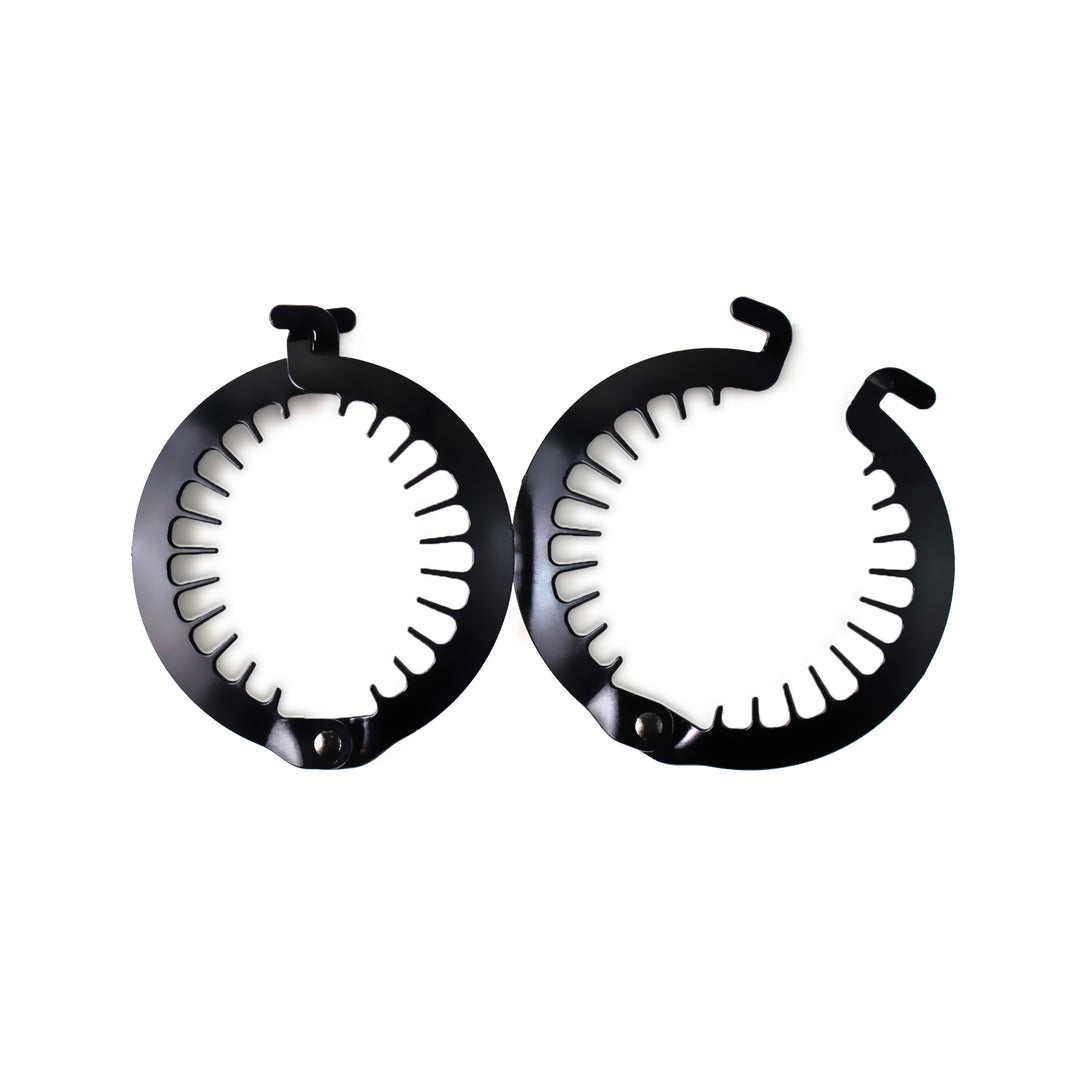
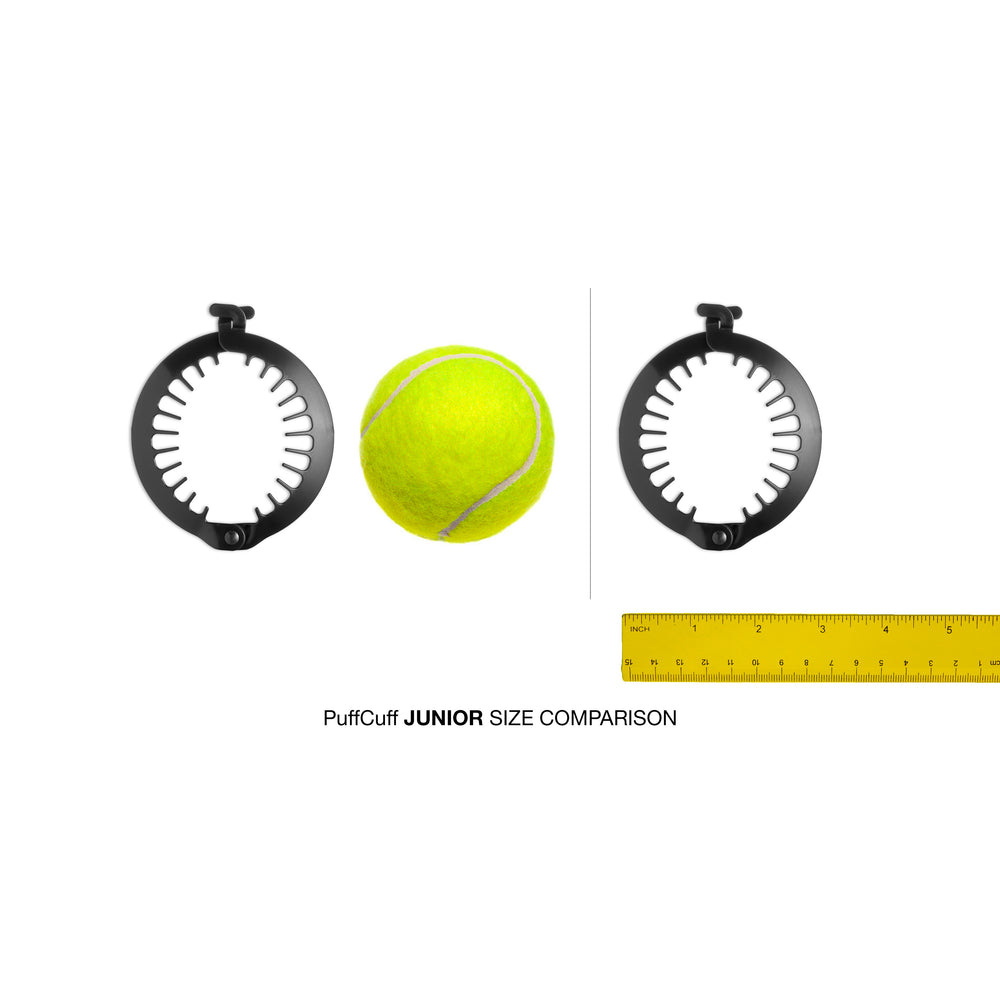

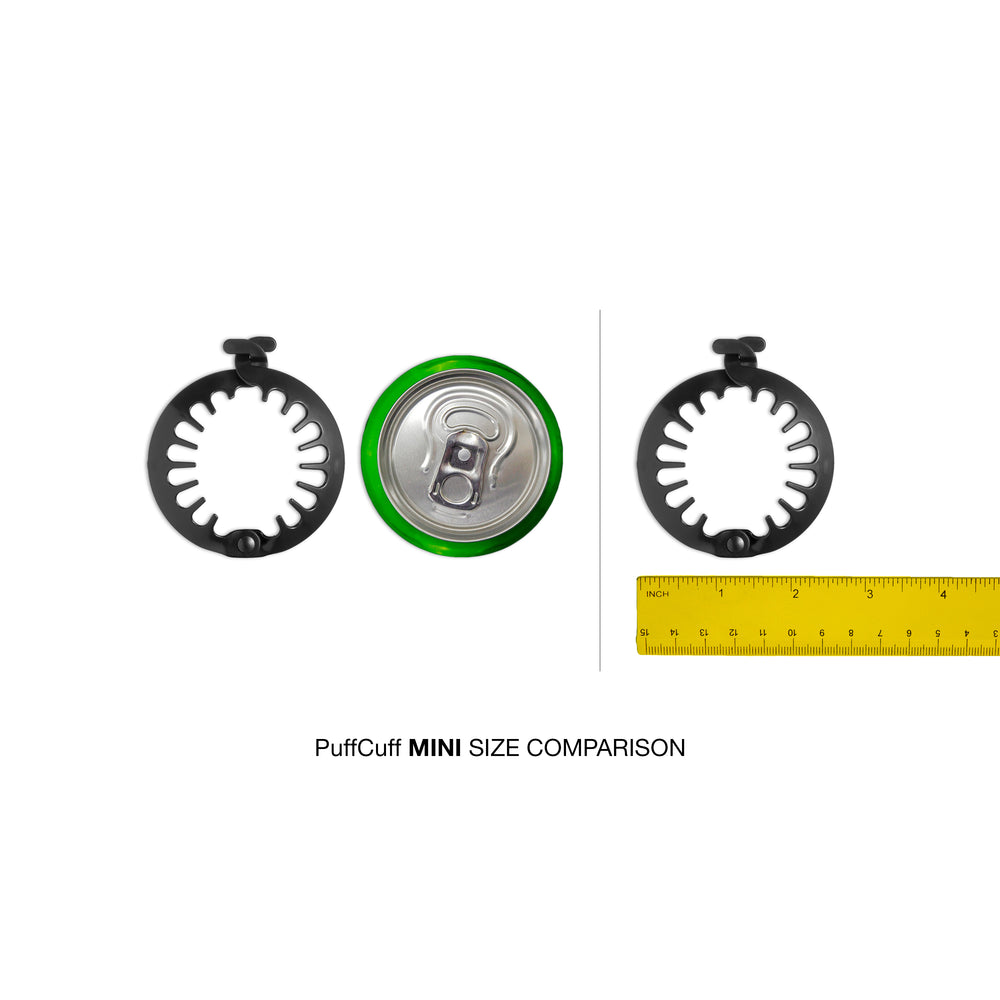
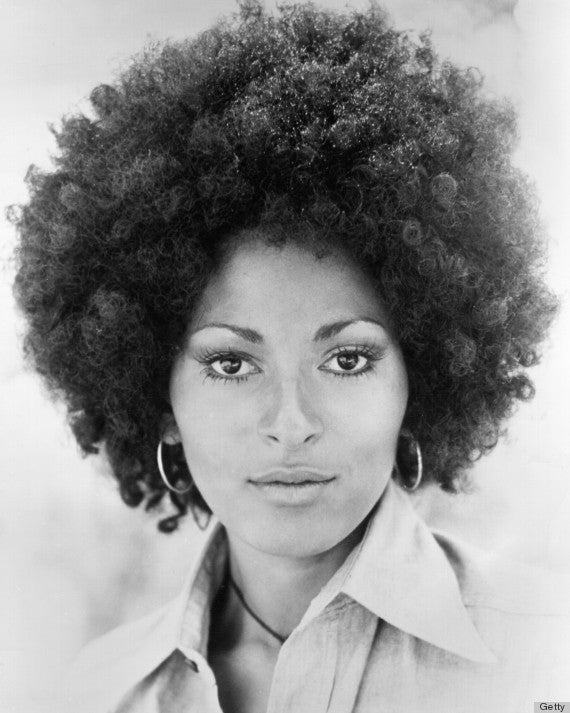
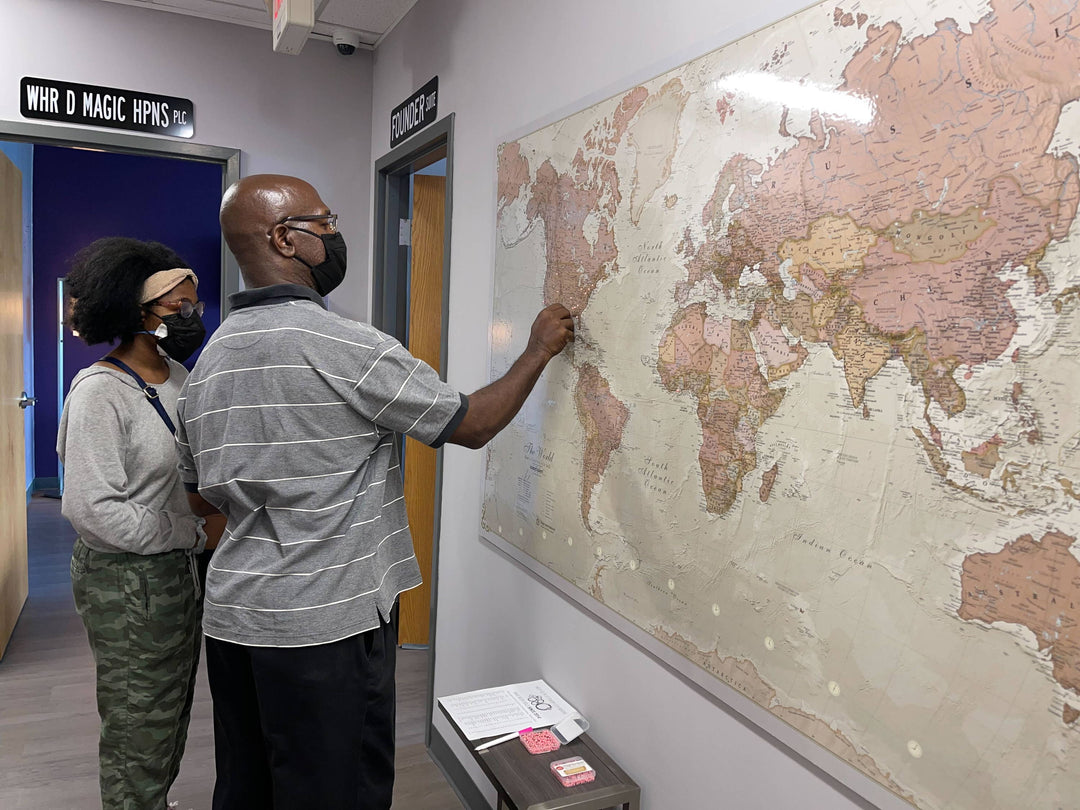
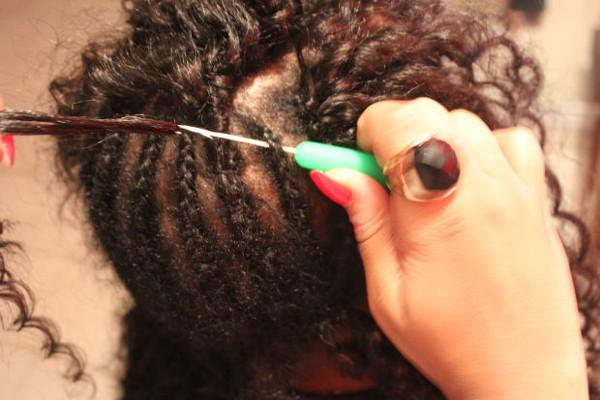
This article was eye opening…
I have been natural for abt almost four years now. I did the big chop also!! It has been one of the best decisions I have ever made in my whole life. When I recently started my new job, I was surprised that my new supervisors a lot of them are naturals as well! I’m not going to lie when I started looking for a new job. I was kinda worried would my natural hair be accepted in a new work place. I wasn’t going to straighten my hair for any job! I haven’t washed, deep condition, n pre pooed (wearing a bonnet @ nightly) my hair all these years to get heat damage ! If feels good not to have compromise myself for anything! Thank you Lord!?
I love this message!!! I just blogged about the same thing this past week. Check it out @ https://crystalscareerinspiration.com/2017/09/19/bring-the-you-brand-authentically/
As a career woman in corporate America it can be viewed unprofessional to wear your hair as is unfortunately. I’ve come to realize that I should not be fearful of wearing my hair in its natural state because it’s simply part of me and my personal brand appearance! #IBringMeAuthentically
Leave a comment